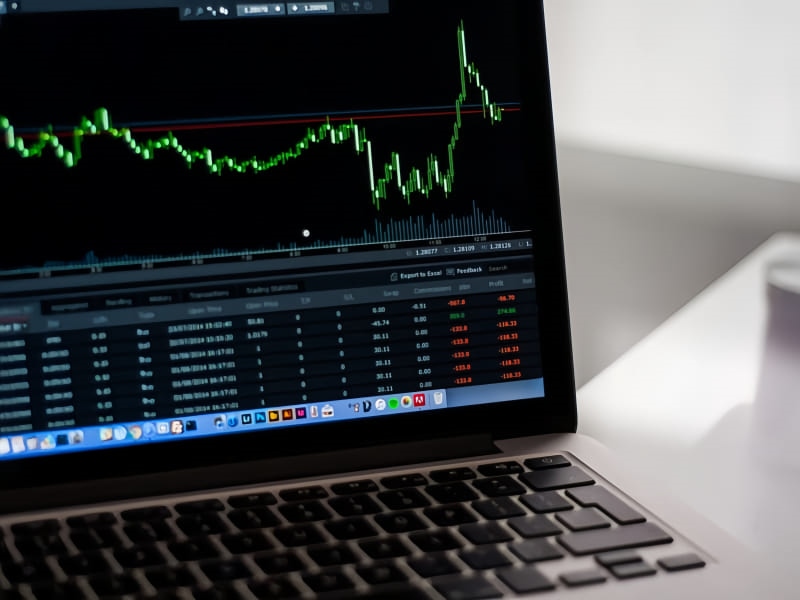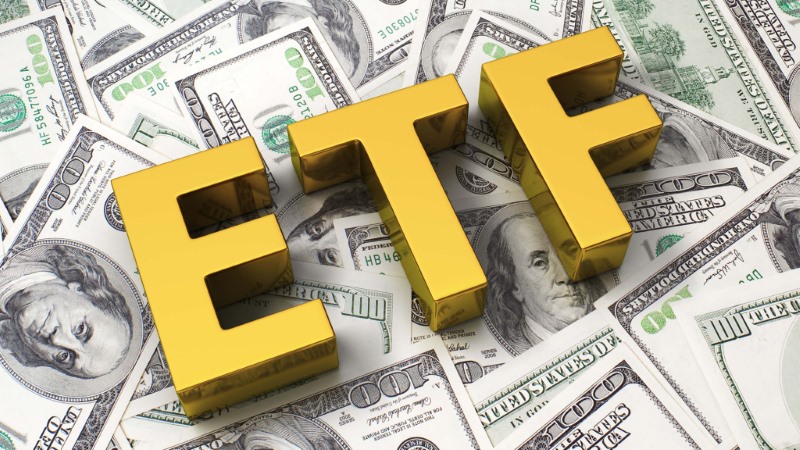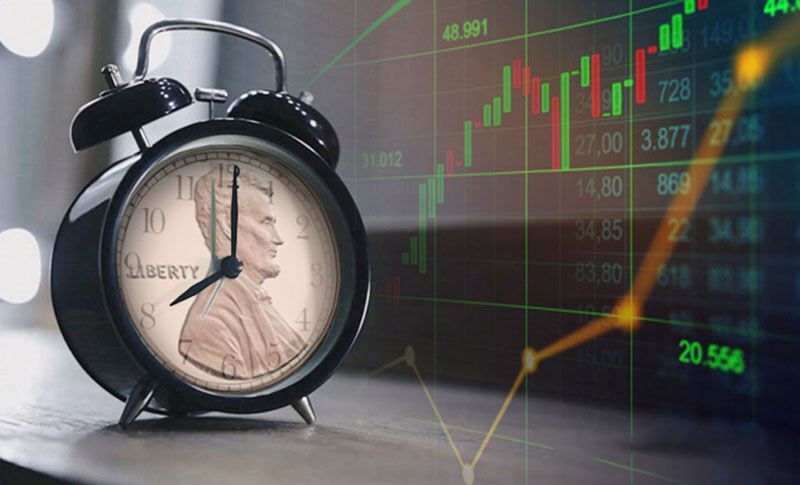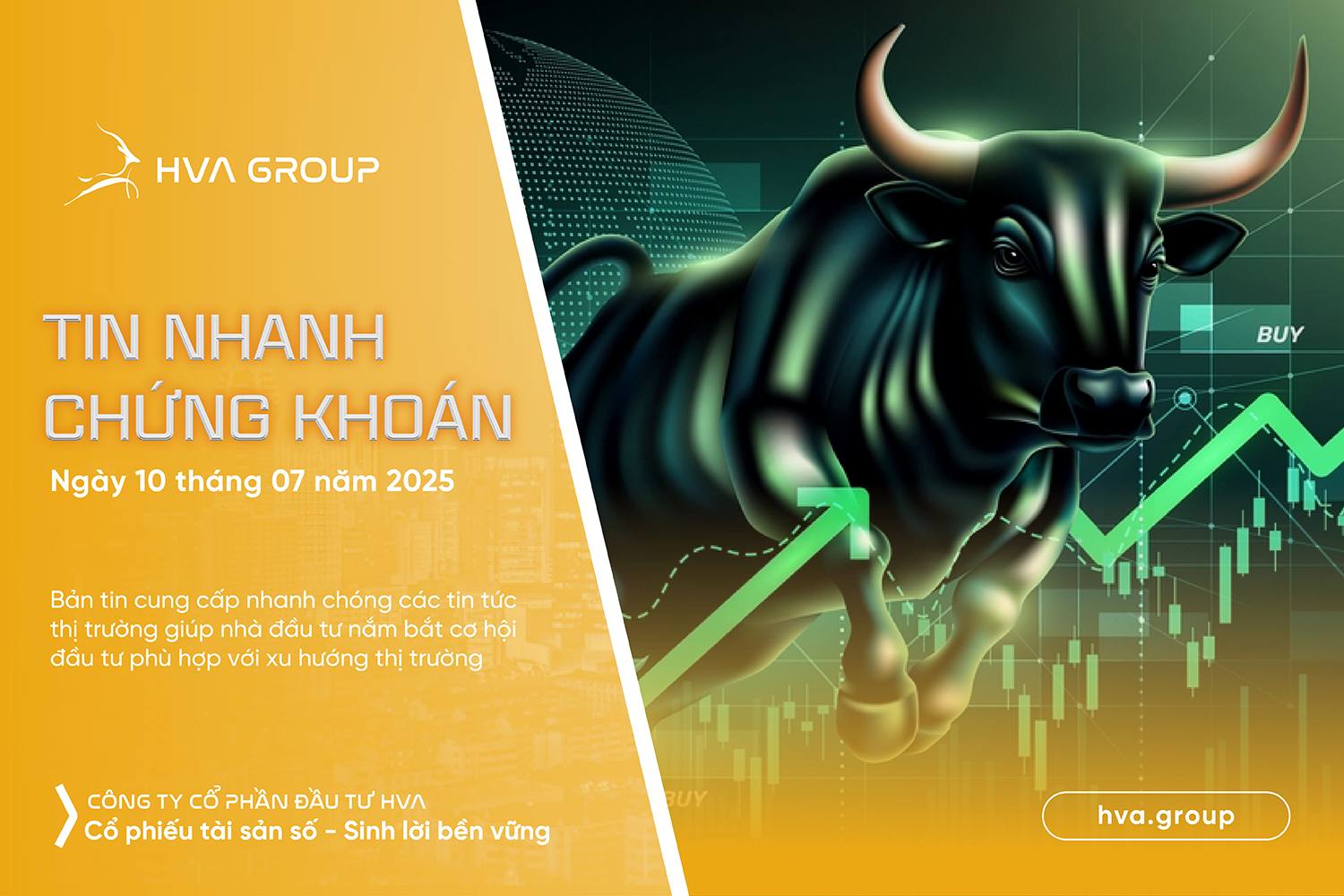In addition to stocks, Derivatives is also a useful tool to help investors make profits. Let's learn about derivative securities with HVA right below this article.
What are derivatives?
Derivative securities (PS securities) are a complex financial instrument, but extremely attractive to investors who want to diversify their portfolio and increase profits. Unlike equity securities that represent partial ownership in a company, derivative securities are contracts whose value depends on the price of another underlying asset, such as stocks, indices, commodities, exchange rates, etc.

Main features of derivative securities
Types Derivatives include products such as options, futures, forwards, and other derivative products. Here are some key features of derivatives:
- Derivatives allow investors to participate in various markets and assets without directly owning the underlying assets.
- Investors can use derivatives to increase their profit or loss compared to investing directly in the underlying asset.
- Derivatives provide a tool to protect investments from price risk.
- The value of a derivative fluctuates based on the price of the underlying asset it represents.
- The derivatives market is where derivative contracts are traded, usually involving investors and financial institutions.
Derivatives play an important role in managing risk, optimizing returns and participating in global financial markets.
What is derivative maturity?
Derivative maturity is the last day of the derivative contract on which the contract will be settled. In derivatives trading Like options or futures, expiration is the date on which the parties to the transaction must decide whether or not they will exercise the contract.
Expiration in option
In options, the option buyer has the right to decide whether they will buy or sell the underlying asset according to the conditions specified in the contract. If the option expires and is not exercised, the contract becomes invalid and has no value.
Expiration in futures contract
In a futures contract, the parties commit to buy or sell the underlying asset at a certain price at the time of expiration. If the futures contract expires, the parties will execute the transaction according to the terms of the contract.
Meaning of maturity
- Expiry is important because it makes the final decision on executing the trade at the previously agreed price.
- For investors, maturity can create great opportunities or great risks, depending on market conditions and their decisions.

How to play derivatives
Play Derivatives requires investors to have in-depth knowledge and understanding of financial markets, technical analysis and risk. Below are how to play derivatives for beginners, such as options trading, or futures:
Step 1: Master the basics
- Understanding Derivatives: Understand the types of derivatives, how they work, and their impact on the market.
- Learn about risk and trading strategies: Understand how to manage risk and determine the right trading strategy.
Step 2: Open a trading account
- Choose a broker: Choose a reputable and trustworthy brokerage firm to open a derivatives trading account.
- Fund your account: Fund your trading account to start making transactions.
Step 3: Choose the type of derivative security and trading strategy
- Choose the type of derivative: Decide whether to trade options, futures or other derivative products depending on your investment goals.
- Determine trading strategy: Analyze the market, define goals and determine the appropriate trading strategy.
Step 4: Make the transaction
- Place a trade order: Place a buy or sell order according to the defined strategy.
- Risk Management: Set stop-loss to limit risk and manage profits.
Step 5: Monitor and evaluate
- Market Watch: Monitor market movements to adjust trading strategies.
- Evaluate results: Evaluate trading results to learn from experience and improve trading strategies.
However, please note the following:
- Careful research should be done before trading.
- Set specific goals and be disciplined when trading.
- Be willing to take risks and only trade money you can afford to lose.
What is the derivatives market?
Derivatives market is where derivative financial contracts such as options, futures, contracts for difference and other products derivatives trading In the derivatives market, investors do not buy or sell the underlying asset directly, but instead buy or sell derivative contracts linked to the price of the underlying asset.
Here are some key points about the market. Derivatives:
- Options: Options give an investor the right to buy or sell an underlying asset at a certain price in the future. The option buyer has the right, but not the obligation, to execute the transaction.
- Futures Contract: A futures contract is a commitment to buy or sell an underlying asset at a certain price and at a specific time in the future. Both parties commit to the transaction.
- Contract for Difference: A contract for difference is an agreement between two parties to buy or sell an underlying asset at a specific time in the future at a certain price.
- Purpose of derivatives market: Derivatives market provides investors with flexible tools to protect investments from price risk, seek speculative opportunities or optimize profits through the use of financial leverage.
The derivatives market helps create a flexible and diverse trading environment, allowing investors and companies to manage risks and seek investment opportunities in many different areas.

What is a derivative product?
Derivative products are financial contracts whose value depends on or is derived from the price of another underlying asset, usually a financial asset such as a stock, commodity, or index. Some examples of derivatives are:
- VN30 index futures contract, the underlying asset is VN30 index.
- In Vinamilk stock option contract, the underlying asset is shares of Vinamilk dairy company.
- In an interest rate swap, the underlying asset is the interest rate.
Examples of derivative securities
Some examples of derivative securities that HVA provides helps you visualize as follows:
Example 1: Investors are worried that gold prices will fall.
An investor can buy a gold call option with a strike price lower than the current market price. If the price of gold falls below the strike price of the option, the investor will not exercise the call option because it is cheaper to buy gold on the market. In this case, they will only lose the amount they paid for the option. Conversely, if the price of gold rises above the strike price, they can exercise the call option and buy gold at the pre-agreed price, then sell it on the market at a higher price to make a profit.
Example 2: A steel manufacturing company wants to protect itself from the risk of steel price fluctuations.
A steel manufacturing company has signed a contract to sell a large batch of steel to a customer in the future. The company is concerned that the price of steel will fall before delivery, resulting in reduced profits.
Meaning:
- By selling steel futures contracts, the company has committed to selling steel at a fixed price in the future. If the price of steel falls, the company will buy back the futures contract at a lower price and still deliver the steel to customers at the pre-agreed price. In this way, the company has protected its profits.
- Conversely, if steel prices rise, the company will have to buy back the futures contract at a higher price, but it can still sell the steel on the market at a higher price to compensate.
Derivative securities is a rather complex and risky financial instrument. However, if used properly, it can help investors diversify their portfolios, increase profits and manage risks effectively. Investing in derivatives requires investors to have investment knowledge expertise and experience. Therefore, HVA still advises investors to research carefully and consult experts before deciding to invest in any type of securities!











